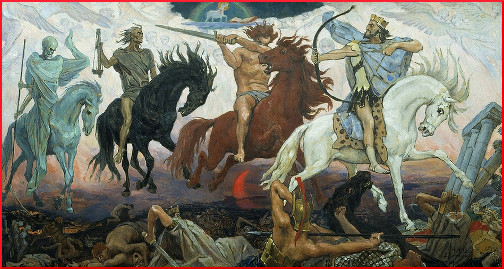 Dearth is an old-timey word that still means the same thing: an insufficiency. We suffer from a lack of understanding. More and more information is gathered every day, and numbers are crunched, and little progress is made. Childhood Obesity News is casting a backwards eye over some news stories of the past year or so, all bearing cautionary messages. McKinsey & Company is a management consulting firm with global reach whose clients include “businesses, governments, non-governmental organizations, and not-for-profits.” A year ago the firm issued the report “Overcoming obesity: An initial economic analysis,” which is available for download in four different formats.
Dearth is an old-timey word that still means the same thing: an insufficiency. We suffer from a lack of understanding. More and more information is gathered every day, and numbers are crunched, and little progress is made. Childhood Obesity News is casting a backwards eye over some news stories of the past year or so, all bearing cautionary messages. McKinsey & Company is a management consulting firm with global reach whose clients include “businesses, governments, non-governmental organizations, and not-for-profits.” A year ago the firm issued the report “Overcoming obesity: An initial economic analysis,” which is available for download in four different formats.
Working with data gathered by the World Health Organization, McKinsey applied its analytical magic to determine how the top four social burdens stack up in terms of their annual drain on the world’s resources. The four factors have something in common. The damage they inflict and the costs they incur are pretty much voluntary. These human-caused burdens are unnecessary and preventable—theoretically, anyway.
Smoking $2.1 trillion
Armed Violence, War and Terrorism $2.1 trillion
Obesity $2.0 trillion
Alcoholism $1.4 trillion
That’s right. Expense-wise, obesity beats alcoholism, and has almost caught up with smoking and war. But just give it another couple of years—obesity still has a chance to make it to the top. The strong possibility exists that by 2030, nearly half the world’s adults will be overweight or obese. That’s almost one out of every two grownups, with children and grandchildren following close behind.
This is what we have to look forward to—a planet full of people in plus-size clothes, unable to fit into car or airplane seats, running up stratospheric medical bills. As things stand, smoking, war, obesity, and alcoholism are the Four Horsemen of the Fiscal Apocalypse. Bottom line? Humanity is in a world of hurt, and seems likely to continue leaving a legacy that worsens with every generation. As we careen down a precipitous road, nobody can find the brake pedal. McKinsey says:
Obesity is a complex, systemic issue with no single or simple solution. The global discord surrounding how to move forward underscores the need for integrated assessments of potential solutions. Lack of progress on these fronts is obstructing efforts to address rising rates of obesity.
After considering 74 potential interventions, McKinsey Global Institute has boiled them down to 44 that might make some difference. So that interested parties may hear all about the Obesity Abatement Program, the company also offers a podcast (a link to it can be found on the company’s website). McKinsey does not claim to know everything or to have all the answers. Touchingly and poetically, the text explains:
We see our work on a potential program to address obesity as the equivalent of the maps used by 16th-century navigators. Some islands were missing and some continents misshapen in these maps, but they were still helpful to the sailors of that era. We are sure that we have missed some interventions and over- or underestimated the impact of others. But we hope that our work will be a useful guide and a starting point for efforts in the years to come…
Here is an interesting detail. McKinsey’s comprehensive report focuses on energy balance—in other words, eating habits and physical activity, aka diet and exercise. But the company takes a keen interest in an area of obesity science that is in its infancy—the role of the gut microbiome.
The other of the two areas of particular interest is “the role of different nutrients in affecting satiety hormones and metabolism”—something that also appears to be under the sway of the tiny organisms that inhabit us. These important questions need “considerable further research” and if the firm is as influential as it seems, study of the gut microbiome will increase exponentially.
Your responses and feedback are welcome!
Source: “About us,” mckinsey.com, undated
Source: “How the World Could Better Fight Obesity,” McKinsey.com, November 2014
Image by Waiting For The Word

 FAQs and Media Requests:
FAQs and Media Requests: 











